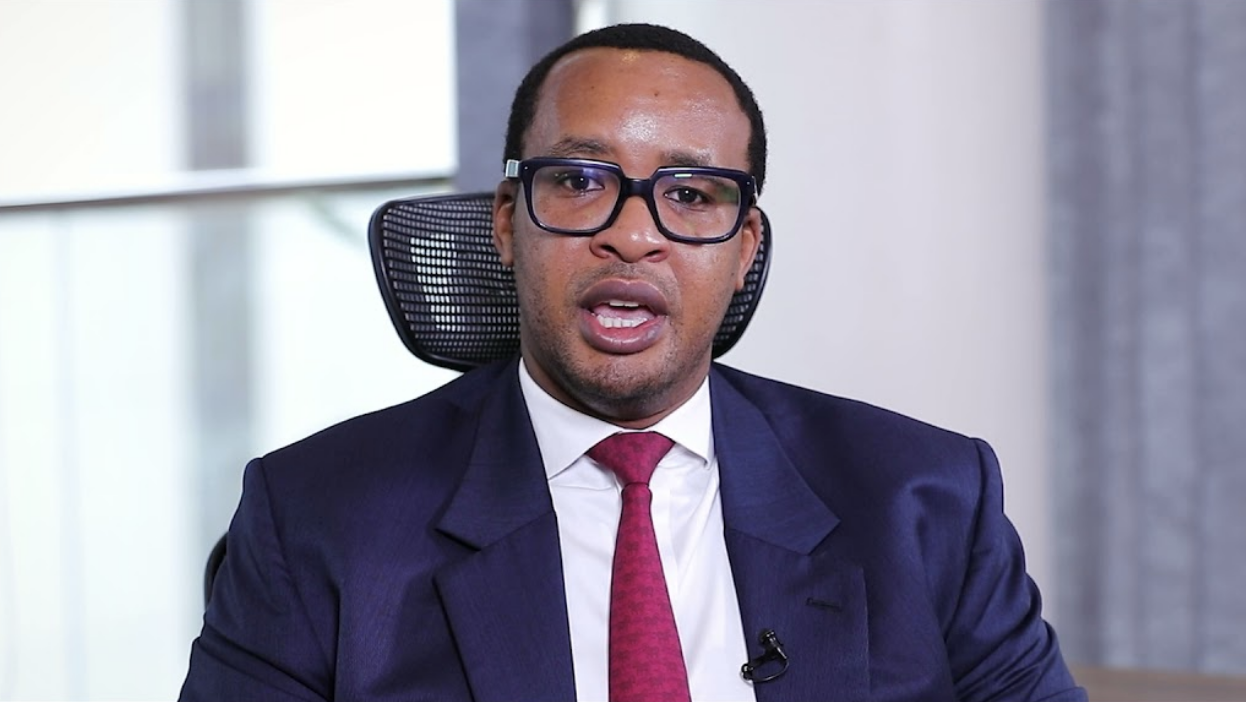President William Ruto has led his administration in escalating its fight to send police officers to Haiti, appealing a High Court decision that declared the deployment unconstitutional.
This move follows a January 26th ruling by Judge Chacha Mwita, who deemed the National Security Council's (NSC) actions illegal and lacking public participation.
The appeal, filed by the NSC and Interior Cabinet Secretary Kithure Kindiki, targets the entirety of Judge Mwita's judgement.
They argue that the decision "erroneously found that the National Security Council does not have the power to deploy police officers outside Kenya," according to the notice of appeal.
This contention rests on their interpretation of the law.
Read More
While Judge Mwita emphasized the limitations placed on the NSC, stating it "can only do so with the defence forces," the government posits otherwise.
Their legal stance hinges on the NSC's authority under relevant legislation to advise the President on matters relating to national security.
However, the High Court ruling wasn't solely based on power structures.
Judge Mwita also highlighted the absence of proper public participation, a crucial aspect often stipulated in Kenyan law before deployments abroad.
Mwita's ruling aligned with the arguments presented by the petitioner, Third Way Alliance leader Ekuru Aukot and chairperson Miruru Waweru.
They contended that the deployment lacked a constitutional basis and violated legal provisions, including those requiring public participation for military deployments.
"The law provides for the deployment of only military personnel, and even in such a case the public must be consulted," they argued.
This point resonates with Judge Mwita's conclusion, stating that "the government did not conduct proper public participation" and, consequently, the deployment "would also be invalid, null and void."
The Court of Appeal will now determine the validity of the government's arguments and Judge Mwita's interpretation of the law.
This case raises crucial questions about the NSC's authority, the legal framework for deploying security forces abroad, and the extent of public participation required in such decisions.
The court's verdict will have significant implications for future deployments and the balance between national security interests and adherence to legal and democratic principles.











